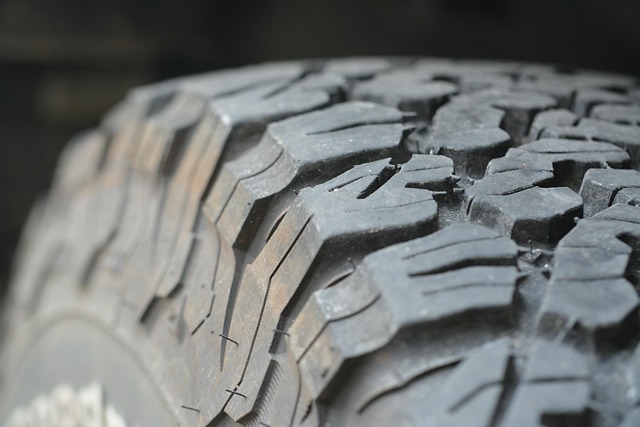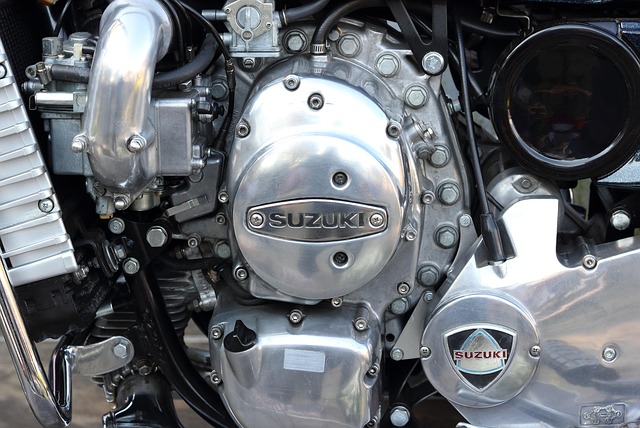
Alloy Wheels
Introduction to Alloy Wheels
Alloy wheels have become a popular choice for car enthusiasts and everyday drivers alike. These wheels, made from a mixture of metals, primarily aluminum and magnesium, offer several advantages over traditional steel wheels. Understanding the benefits and characteristics of alloy wheels can help in making informed decisions when it comes to vehicle performance and aesthetics.
History of Alloy Wheels
The journey of alloy wheels began with magnesium alloys, which were the first light-alloy wheels used in vehicles. While they gained traction in the automotive world during the 1960s, their popularity waned due to issues with brittleness and low ductility. As technology advanced, refinements in aluminum casting allowed for the production of safer and more durable wheels. Today, aluminum alloy wheels dominate the market, providing a balance of strength, weight, and style.
Advantages of Alloy Wheels
Alloy wheels offer several key benefits:
- Weight Reduction: One of the primary advantages of alloy wheels is their lighter weight compared to steel wheels. This reduction in weight can lead to improved handling and acceleration, as the vehicle's unsprung mass is decreased.
- Improved Performance: Lighter wheels enhance the vehicle's suspension performance, allowing it to respond more effectively to road conditions. This can result in better grip and overall driving experience.
- Heat Dissipation: Alloy wheels are designed to dissipate heat more effectively than steel wheels. This is particularly important for braking performance, as better heat conduction can prevent brake fade during intense driving conditions.
- Aesthetic Appeal: Alloy wheels come in various designs and finishes, allowing for customization that enhances the vehicle's appearance. This visual appeal is often a significant factor for many drivers.
Considerations When Choosing Alloy Wheels
While alloy wheels have numerous advantages, there are some factors to consider before making a purchase:
- Cost: Alloy wheels tend to be more expensive than their steel counterparts. It's essential to weigh the benefits against the cost, especially for budget-conscious buyers.
- Durability: Although modern aluminum alloys are more durable than earlier versions, they can still be susceptible to damage from potholes or curbs. It's crucial to choose high-quality wheels to ensure longevity.
- Weight Variability: Not all alloy wheels are lighter than steel wheels. Some designs may actually be heavier, so it's important to check the specifications before purchasing.
- Maintenance: Alloy wheels may require more maintenance to keep them looking their best. Regular cleaning and care can help prevent corrosion and maintain their appearance.
Conclusion
Alloy wheels represent a significant advancement in automotive technology, offering a blend of performance, aesthetics, and functionality. Their lightweight nature and improved heat dissipation capabilities make them a preferred choice for many drivers. However, potential buyers should consider factors such as cost, durability, and maintenance to ensure they make the right decision for their vehicle.

















 Unlocking the Secrets of Your Ride with VIN!
Unlocking the Secrets of Your Ride with VIN! 
 Health
Health  Fitness
Fitness  Lifestyle
Lifestyle  Tech
Tech  Travel
Travel  Food
Food  Education
Education  Parenting
Parenting  Career & Work
Career & Work  Hobbies
Hobbies  Wellness
Wellness  Beauty
Beauty  Cars
Cars  Art
Art  Science
Science  Culture
Culture  Books
Books  Music
Music  Movies
Movies  Gaming
Gaming  Sports
Sports  Nature
Nature  Home & Garden
Home & Garden  Business & Finance
Business & Finance  Relationships
Relationships  Pets
Pets  Shopping
Shopping  Mindset & Inspiration
Mindset & Inspiration  Environment
Environment  Gadgets
Gadgets  Politics
Politics 